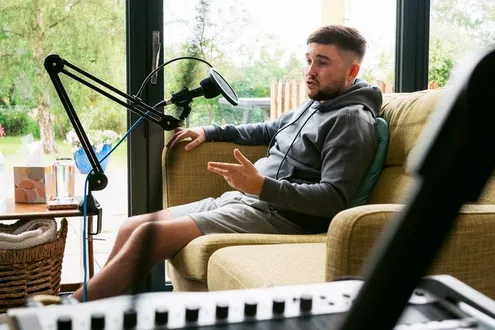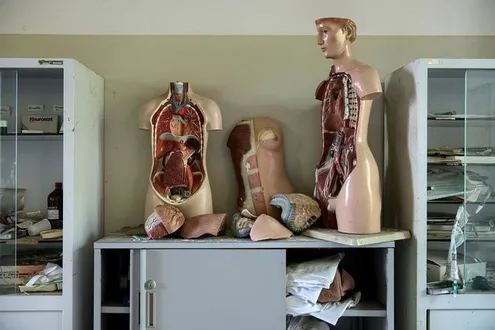There may be concerns about starting your recovery journey, especially when looking at residential rehabilitation programmes and discovering the potential costs. It takes courage and can be overwhelming enough without the added worry of financial concerns.
The cost of residential rehab is a common barrier to getting help. However, it doesn’t have to be as daunting as it might appear. There are several options available to help get the funding needed to make this life-changing step as well as a variety of cost effective treatments and therapies that are not inpatient, such as home detox and outpatient programmes.
To find out about what to expect from inpatient rehab or outpatient programmes and the most suitable option for you or your loved one contact a Treatment Advisor for a free assessment.

Every individual will have their own unique treatment plan which means that the cost of treatment can vary from person-to-person. There are factors which have to be taken into account such as, addiction history, substance and physical health. It also depends on if there are specific personal preferences required such as rehab location.
Ultimately, someone pays for every rehab programme on offer, there is no ‘free rehab’ as such. The important thing is not to let this get in the way of accessing the help needed. There are many options to suit any budget, and financing should never be an obstacle.
The first place that many people suffering with addiction go to is the NHS. Booking an appointment with a doctor is a good place to start when addressing substance abuse issues. Many doctors will signpost the individual involved to their local drug and alcohol services where they will be assessed to establish what kind of support can be provided. Unlike a residential treatment programme, the individual’s life is not monitored and structured 24 hours a day. Those in early recovery often struggle in the evenings without support, and so are at a higher risk of relapse.
We must also bear in mind that for many years the NHS and local addiction services have been overwhelmed and funding has being significantly cut. Many people then turn to private treatment as they can be seen quicker with quality support by specialists.

There is an option in some cases where the individual is able to gain funding from the local authority also known as local drug and alcohol services. This could potentially start the process to secure a place at a private rehab facility for a detox and treatment. Although this is an option, the whole process can be extensive, and the limited spots in the selected rehabs aren't always guaranteed. With previous cuts in these healthcare areas, it can prove extremely difficult to get local authority funding to go to private rehab with other types or treatment taking preference due to cost.
According to recorded data, the largest budget cut was by Birmingham City Council at £3,846,000 which is 19% of its budget. The Borough of Islington cut the largest proportion of its budget at 34%, amounting to £2,431,800.
Annmarie from FAVOR UK in a podcast with Rehabs UK explains how the definition of the word "rehab" has changed in the local authority space with many people struggling to get the support they need.









